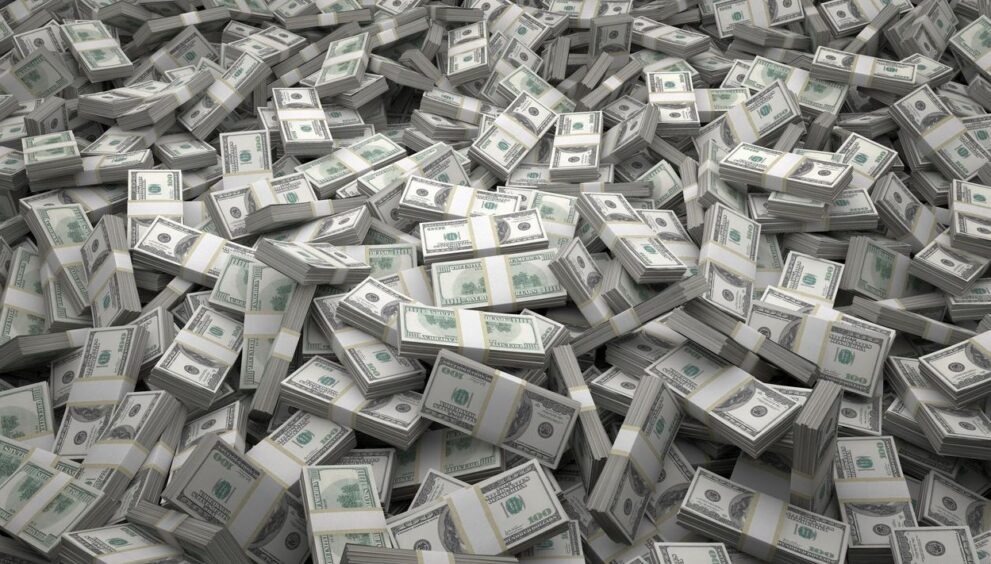The Era of Super Billionaires: Growing Wealth Gap!

The world’s wealth is increasingly concentrated in a smaller group. In Forbes’ inaugural billionaire list in 1987, there were 140 individuals with a total wealth of $240 billion. Currently, the personal fortune of the world’s richest individual, Elon Musk, stands at $419.4 billion. Particularly, individuals with wealth exceeding $50 billion are classified as ‘super billionaires.’ As economic inequality deepens, how do these ultra-rich individuals shape global finance and politics?
In 1987, the first billionaires list published by Forbes featured 140 individuals with a total wealth of $295 billion. The richest person at that time was Japanese real estate magnate Yoshiaki Tsutsumi with a fortune of $20 billion. However, a significant transformation in wealth balance is occurring today.
According to global wealth intelligence company Altrata, Elon Musk, the world’s richest person, has now become one of the greatest financial powers in history, with a fortune of $419.4 billion. This figure equals 21 times Tsutsumi’s peak wealth.
The Wall Street Journal reports that while the number of billionaires has been increasing in recent years, individuals with wealth exceeding $50 billion are categorically termed ‘super billionaires.’ Presently, only 24 individuals worldwide have reached this level, with 16 of them considered ‘centi-billionaires’ owning at least $100 billion in wealth.
According to Altrata data, these super billionaires, representing 4% of all billionaire wealth in 2014, control 16% of all billionaire wealth by 2024. Their total net worth stands at $3.3 trillion, equivalent to France’s nominal GDP.
In the 19th and 20th centuries, industrialists dominated the world’s wealthiest rankings, whereas today, technology billionaires make up the majority of the super billionaires list. Alongside Elon Musk, this list includes Amazon’s founder Jeff Bezos, Oracle’s co-founder Larry Ellison, Meta’s founder Mark Zuckerberg, Google’s co-founders Sergey Brin, and Microsoft’s former CEO Steve Ballmer.
Since these individuals’ wealth is largely tied to stock prices, substantial fluctuations can occur. For instance, Nvidia’s CEO Jensen Huang observed his fortune fluctuate by tens of billions of dollars within a year in 2023.
The rapidly increasing wealth of super billionaires is sparking debates regarding economic inequality. In the U.S., the wealthiest 1% holds 30% of total wealth, compared to 23% in the late 1980s, indicating a widening gap between ultra-rich individuals and others.
Super billionaires not only hold economic but also significant power in the media and politics. Musk influences the media as the owner of (X) Twitter, Bezos influences through The Washington Post ownership, and Zuckerberg reaches billions of people with Facebook, Instagram, and Threads.
Altrata experts predict that if the current trend continues, the world may witness its first trillionaire within the next few decades. Altrata’s Analytics President, Maya Imberg, states, “Such a possibility was not present in the past, but now, anything is possible.”
The emergence of super billionaires raises important questions about the future of economic and social structures. How will this massive accumulation of wealth shape the world?






















































































































































































































































































































































































































































































































































































































































































































































































































































































































































































































































































































































































































































































































































































































































































































































































































































































































































































































































































































































































































































































































































































































































































































































































































































































































































































































































































































































